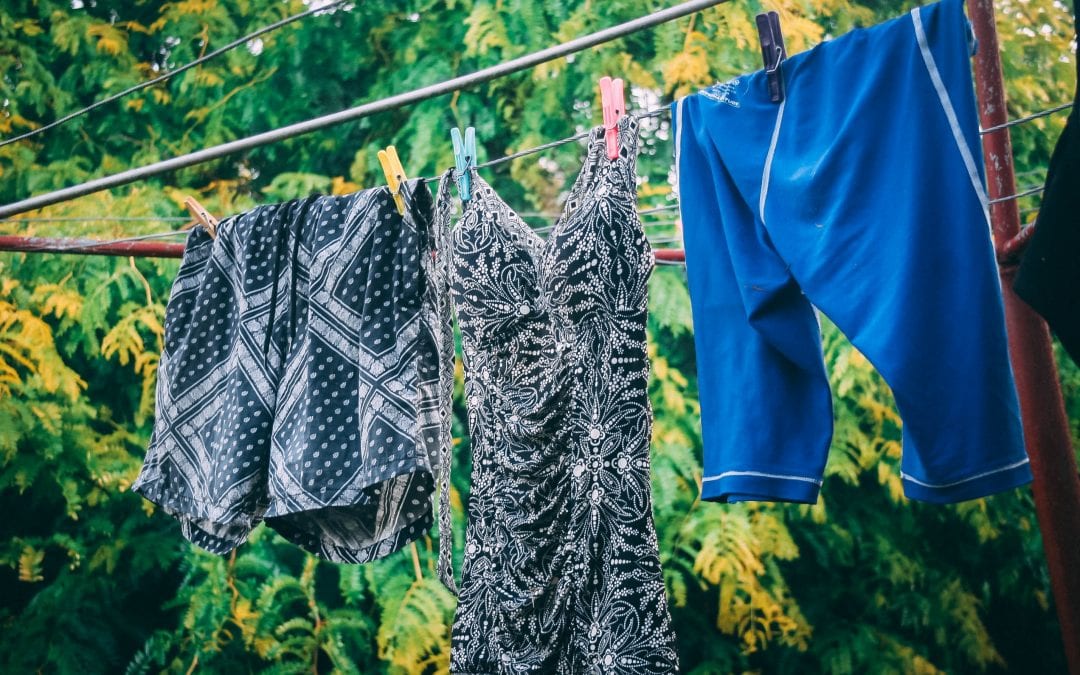Reducing Humidity in Your Home With These Simple Techniques
Here in the South, as temperatures rise, so do humidity levels. Nobody wants to spend time outdoors when the weather is humid, but humidity can also affect the inside of your home if you’re not careful. Once humidity enters your home, you run the risk of it leading to mold, warped wood, corrosion and rust, water damage, and more. Not to mention it is uncomfortable and stuffy. Thankfully, there are several things you can do to make sure you’re effectively reducing humidity in your home.
1. Keep Air Moving Through Your Home
Your home often becomes humid when the air is not circulating enough. Use ceiling and box fans to circulate air. Make sure your ceiling fans are set to rotate counterclockwise. If you have ventilation fans in your kitchen or bathroom, be sure to take advantage of those too. They will work to pull humid air out of your home. If you don’t have a ventilation fan installed in your bathroom, crack a window when you are taking a shower.
2. Use Less Water to Reduce Humidity In Your Home
Taking shorter, cooler showers can also help with humidity levels. Steam that comes from the shower causes your home to become more humid. According to statistics, it only takes about 4 to 6 pints of water to raise the humidity levels in your home significantly. Be sure to use your washing machine sparingly and wait until you have a full load since it can also increase humidity levels.
3. Hang Clothes to Dry
Dryers can also make your home feel more humid, so line drying your clothes outside is another easy way to keep humidity levels low. Dryers remove moisture from your clothing, but that moisture travels through vents. If your ventilation system is not very good, it could be coming right back into your home. Using this appliance as little as possible will help in reducing humidity in your home.
4. Maintain Your Air Filters
Surprisingly, this is an important part of home maintenance that often is overlooked. It’s important to replace the air filter in your HVAC system on a regular basis. Once the filter becomes dirty, air does not pass through it as easily. This can cause humidity levels to rise quickly and is less efficient for your system.
5. Keep Your AC Working
Your air conditioning plays a big part in reducing humidity in your home. It helps your home stay cool and dries out the air in the process. As your AC system gets older, it may not work as efficiently. It’s important to have it serviced regularly to keep everything working properly. You may also want to consider purchasing a dehumidifier for your home as this can help dramatically.
If humidity is a problem in your home, be sure to try these easy ways to help lower humidity levels. If you still are experiencing problems, be sure to consult with a professional to discuss more ways you can prevent humidity from affecting your home.
Greater Tampa Home Inspections provides home inspections services to Tampa and the surrounding areas. Contact us to schedule any of our services.

